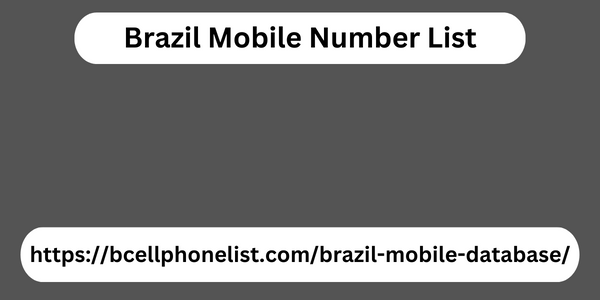|
|
The results in the form of "deliverables" that exclusively contain the main insights and validated concepts, can have an impact on their quality, since frequently in This translation effort ends up losing much of the richness and complexity that underpins the results. For example, it is common for developers and product managers to tend to stick with those questions that indicate a clear and specific direction for the product. In general, they are issues that represent a small methodological and conceptual challenge, and therefore, have a less disruptive potential for innovation.directions that were not always aligned with central aspects of their discipline. In other words, what began as an opportunity that the researchers hoped to use to shape the company ended up imposing.
Unkept promises? In this way, an approach that originally promises to understand the user from a more holistic and radical perspective (in the sense of going to the root), and that to this extent harbors a wide transformative potential, often in Brazil Mobile Number List practice turns out to be a version very simplified of what is proposed, without major impacts on the creation processes or the vision of the product. So much so that it has even been argued that the linking of design with the social sciences has operated as a double-edged sword . While it allowed fields like anthropology to begin to have a greater impact in corporate contexts that had traditionally been closed to them, at the same time, it led researchers to change their practices in certain shape on them.

an approach that originally promises to understand the user from a more holistic and radical perspective (in the sense of going to the root), and that to that extent harbors extensive transformative potential, often in practice turns out to be a very simplified version of what What is proposed, But then, as UX researchers, what margin do we have left? Despite the discourses that point out the limitations of user-centered design and the "co-option" of the discipline by companies, is there a space that we can occupy in a (more) fruitful way? We are convinced that yes, that there is still a large margin of agency if we imagine the figure of the researcher not as someone who “extracts” knowledge from his subjects from his study, but rather as someone with the potential to “mediate” within a mesh of complex relationships between different actors (users, technology and companies) that is built over time.
|
|